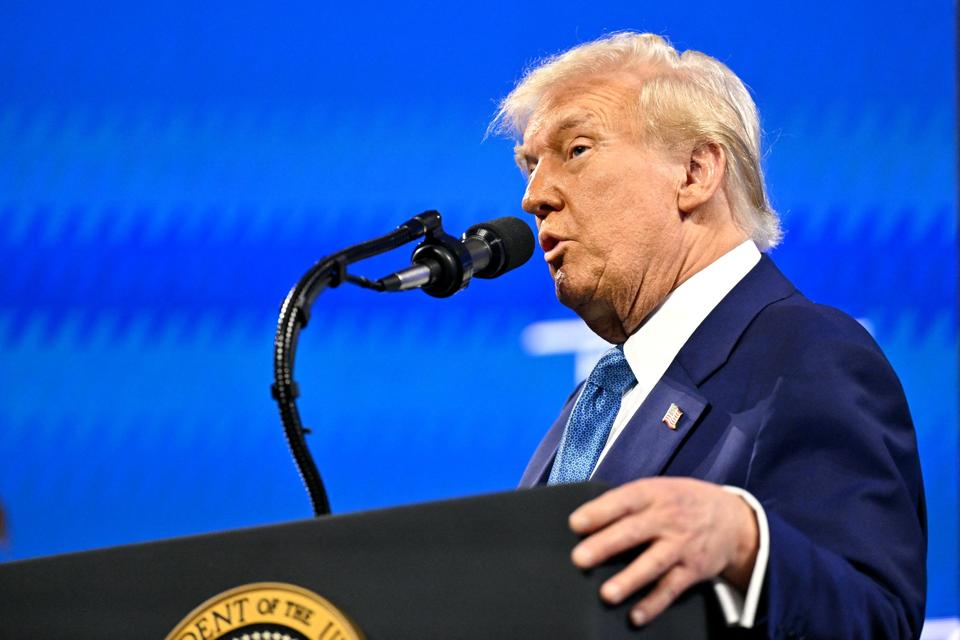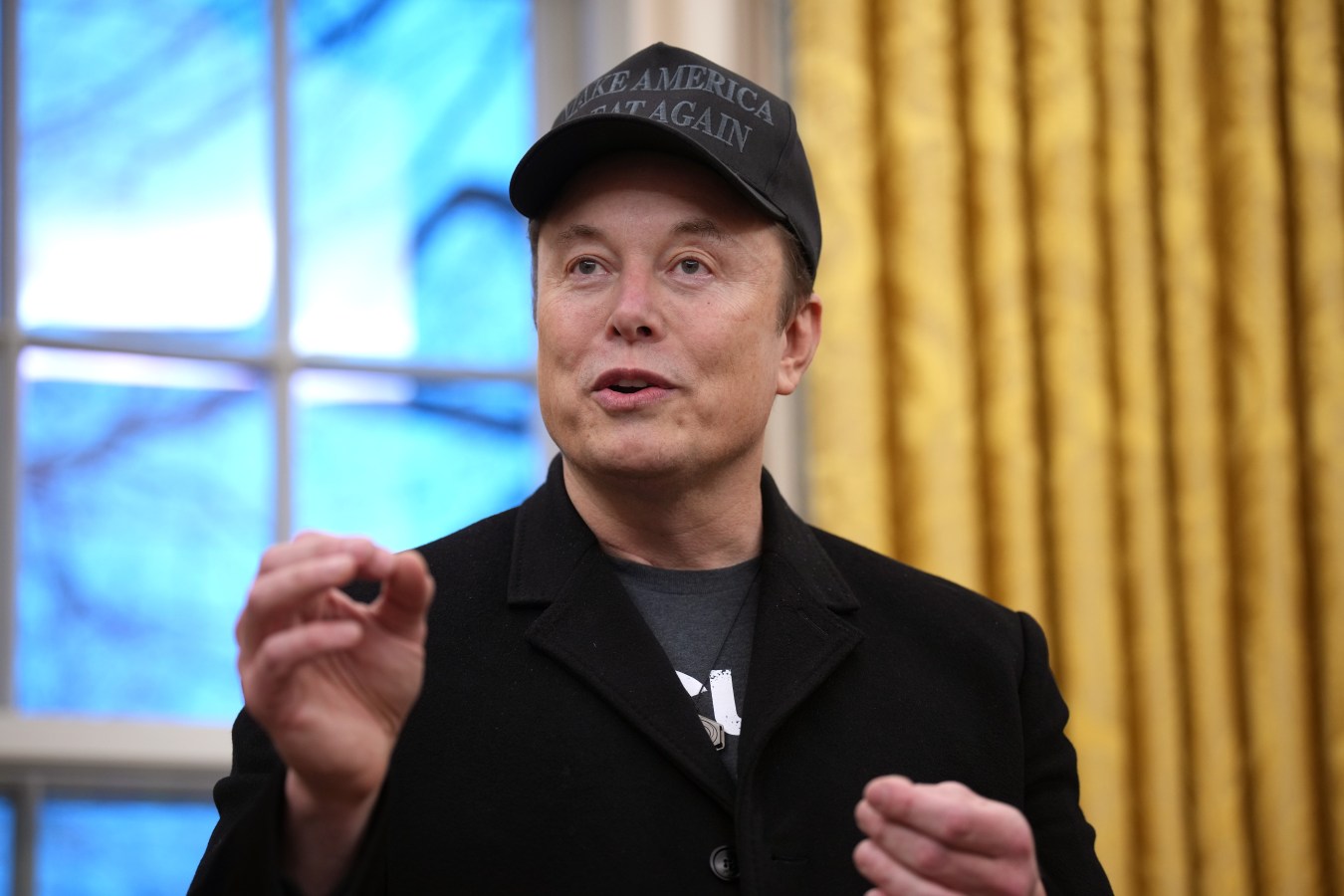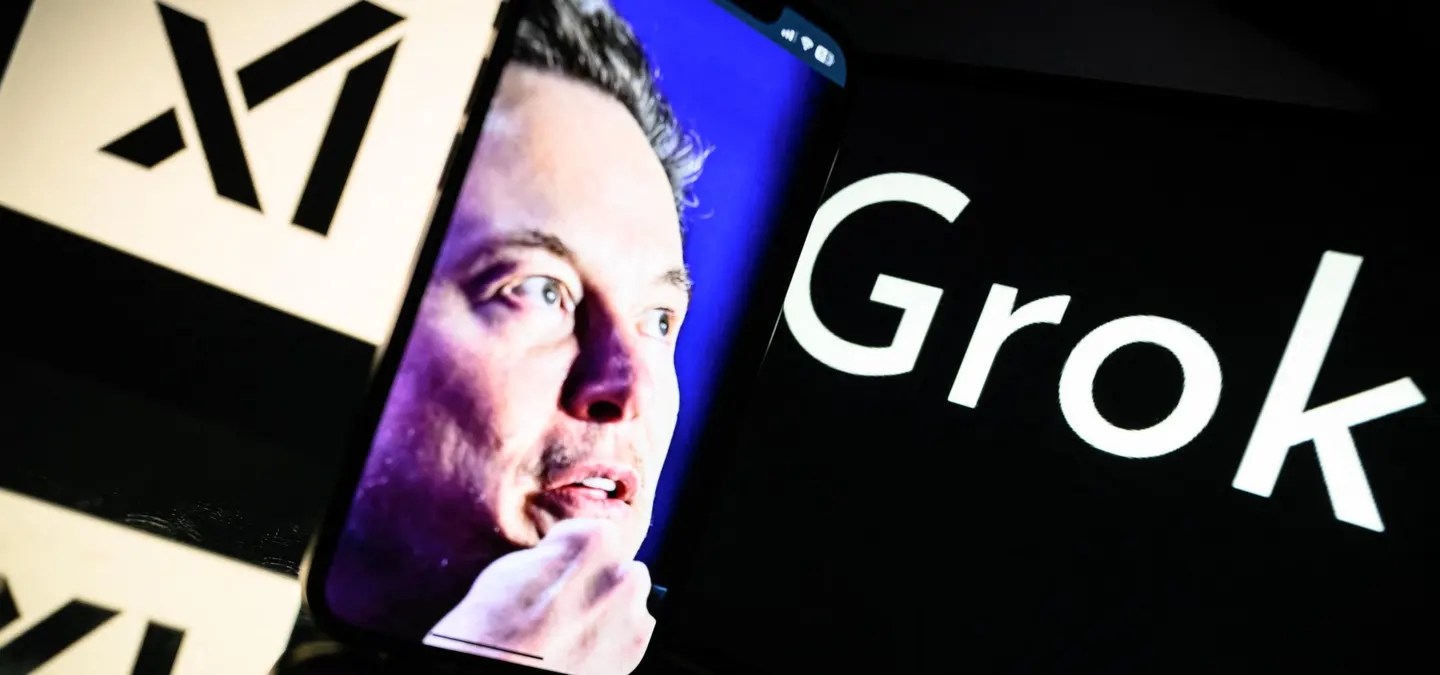President Donald Trump said Wednesday his administration is considering a plan to send 20% of the savings created by the Elon Musk-led Department of Government Efficiency to Americans, showing interest in the potential plan after Musk said Tuesday he would ask the president about the idea that proposes giving taxpayers $5,000 “DOGE Dividend” refund checks.

Key Facts
- Trump said the plan is “under consideration,” noting 20% of savings produced by DOGE would go to taxpayers while another 20% would go toward paying down debt.
- Trump did not provide specifics on when the plan could potentially be implemented or how much money each American might receive under it, though Musk addressed a proposal Tuesday suggesting DOGE could save $2 trillion, which could then partially be refunded to the “~79 million U.S. households that will be net payers of federal income tax” via $5,000 checks after DOGE’s expiration in July 2026.
- If DOGE achieved its $2 trillion in savings, $400 billion would go toward the $36 trillion national debt under the DOGE dividend plan.
How Much Money Has Doge Saved So Far?
Trump said Wednesday “the numbers are incredible,” putting the figure in the “hundreds of billions.” That’s well above DOGE’s own estimate, with its website claiming the agency has saved an estimated $55 billion through “fraud detection/deletion, contract/lease cancellations, contract/lease renegotiations, asset sales, grant cancellations, workforce reductions, programmatic changes, and regulatory savings.” However, DOGE has apparently made at least one major accounting error when reporting the savings it claims to have produced. It recently claimed it found $8 billion in savings from a contract for the Immigration and Customs Enforcement agency, when a recent version of the contract actually listed its value at $8 million, according to The New York Times.
Key Background
DOGE’s efforts to cut down on government spending and reduce the federal workforce have been challenged through a litany of lawsuits. The Musk-led agency has scored some wins in the past week, with U.S. District Judge Tanya Chutkan on Tuesday denying a request from 14 state attorneys general to block DOGE from accessing federal data or firing federal staffers. U.S. District Judge Randolph Moss, who was appointed during the Obama administration, on Monday declined to block DOGE from accessing student loan data or withdrawing any information it already accessed, arguing there is no evidence the agency’s access would result in “disclosure of any sensitive, personal information” about borrowers. The Trump administration has in court tried to downplay Musk’s power despite reports and comments from the billionaire suggesting he has significant say over cuts being made to the federal government.
This story was originally published on forbes.com and all figures are in USD.
Look back on the week that was with hand-picked articles from Australia and around the world. Sign up to the Forbes Australia newsletter here or become a member here.


